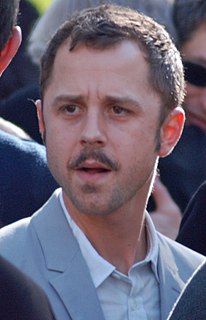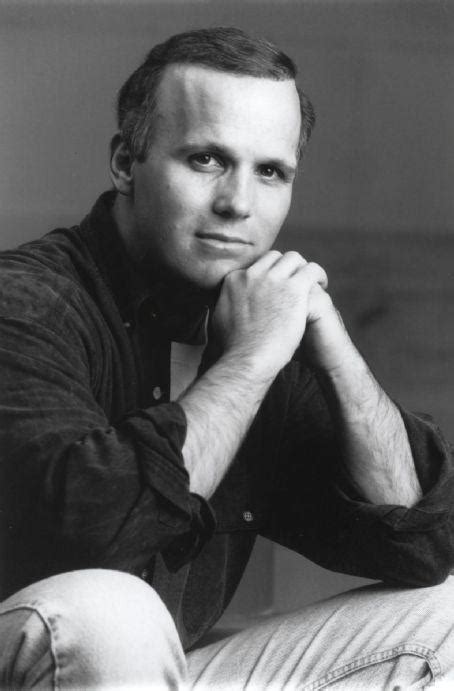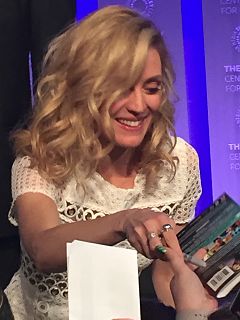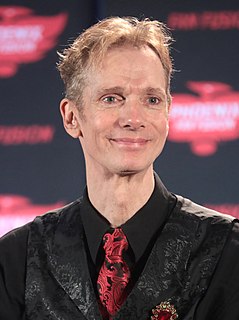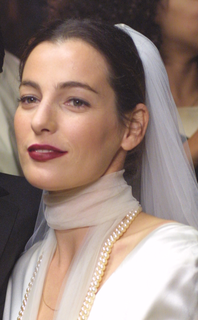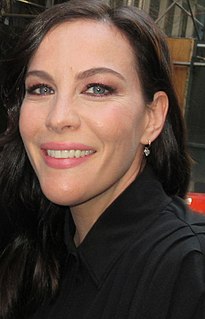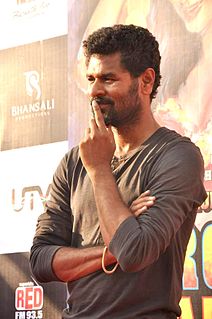A Quote by Giovanni Ribisi
If I had to choose criteria, for me, it's about first the director. I want to be a part of something that's good and intellectually challenging. After the director it's the character and the story. That's the deal for me.
Related Quotes
The producer can put something together, package it, oversee it, give input. I'm the kind of producer that likes to take a back seat and let the director run with it. If he needs me, I'm there for him. As a director, I like to have the producer there with me. As a producer, I don't want to be there because I happen to be a director first and foremost, I don't want to "that guy."
To me I don't deal with stress well at all, and it is stressful enough for me to deal with my own one character. So if I had to deal with all the characters and the special effects, and the editing and make the writing tweaks and do everything the director does, that would drive me to an early grave, and I just can't do it.
I just don't want to be bored. That's the only criteria I have when I choose a role to play. I like it if the script is good and the director seems like he's gonna be good. But if I can find a variety of things to do, which I feel like I manage to do, as far as the actual performing goes and the character, that's huge for me. To be able to feel like I can do a fairly diverse array of things. I've been lucky in that way. I don't mind being stereotyped in some way and playing certain kinds of guys, but if I can find something to occasionally get a break from that, that would be nice.
With a director it's all about the work; I'd work with a great director over - you know, I'm not the kind of actor who that doesn't go, 'I want to play this role.' It's more like, 'I want to work with this director,' regardless of what the role is because if it's a good director, you'll probably find a good role because it's a decent film. But a mediocre director will always make a mediocre movie.
I like to adapt to a director's way of working. I love doing that. Each director is so different, and you have to adapt to this new way of doing something. That's what's amazing to me. That's why I love directors. I don't want to director to have to work around me. I think it's more fun for me to come in on their thing.
Working with Bernardo Bertolucci, director of Stealing Beauty was my first experience of being able to communicate with someone whom I'd think of as a mentor, who'd ask me my opinion and trust me, and believe in me and allow me to do the things that I wanted to do. The film itself was also rare in terms of character most of the scripts I've read are the story of some man, and there might be a love interest or a big woman's part.
